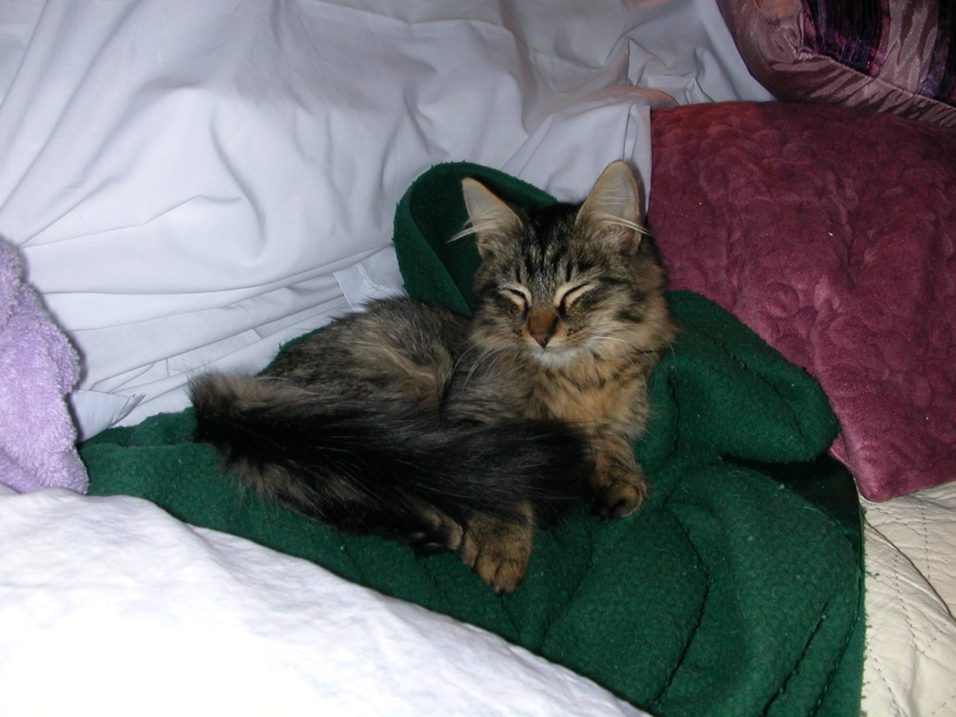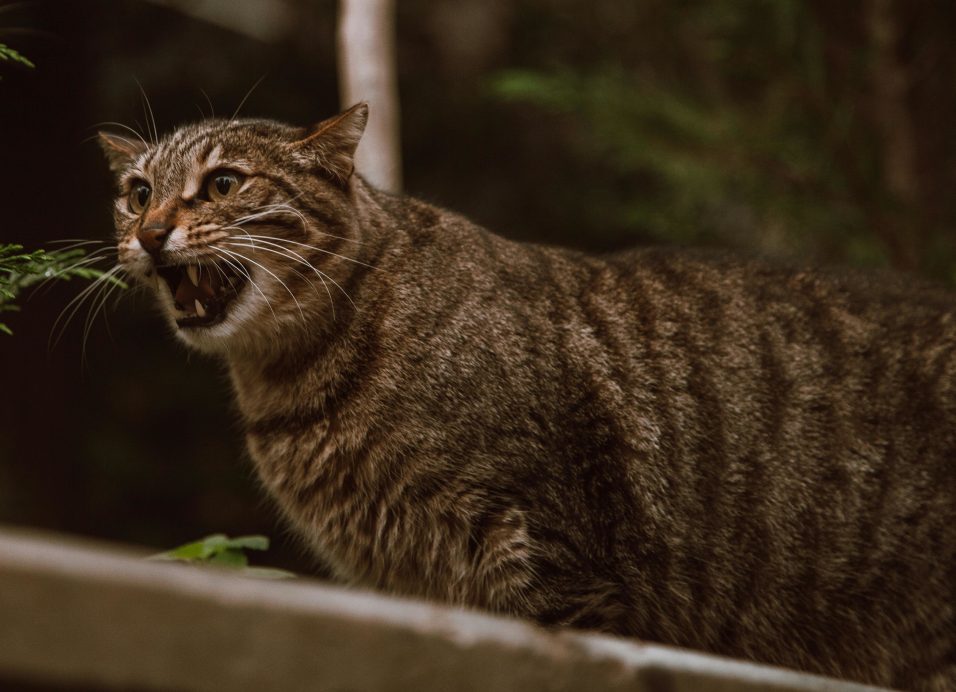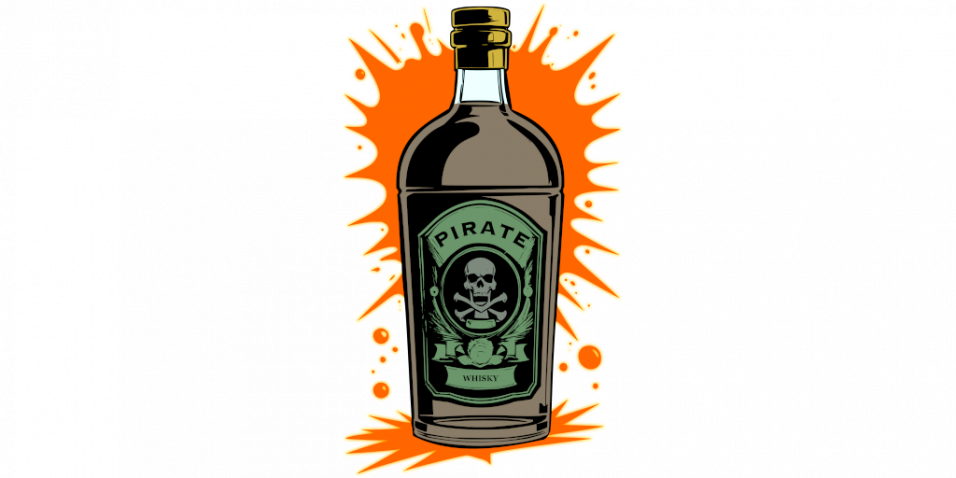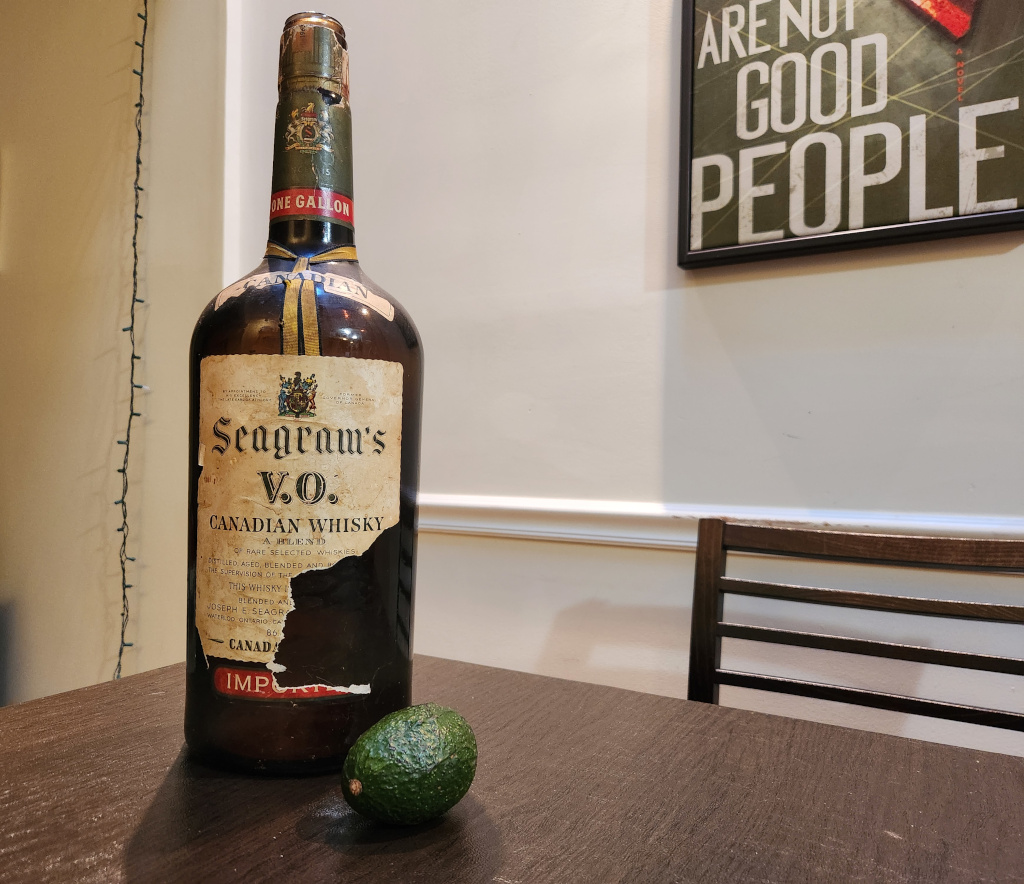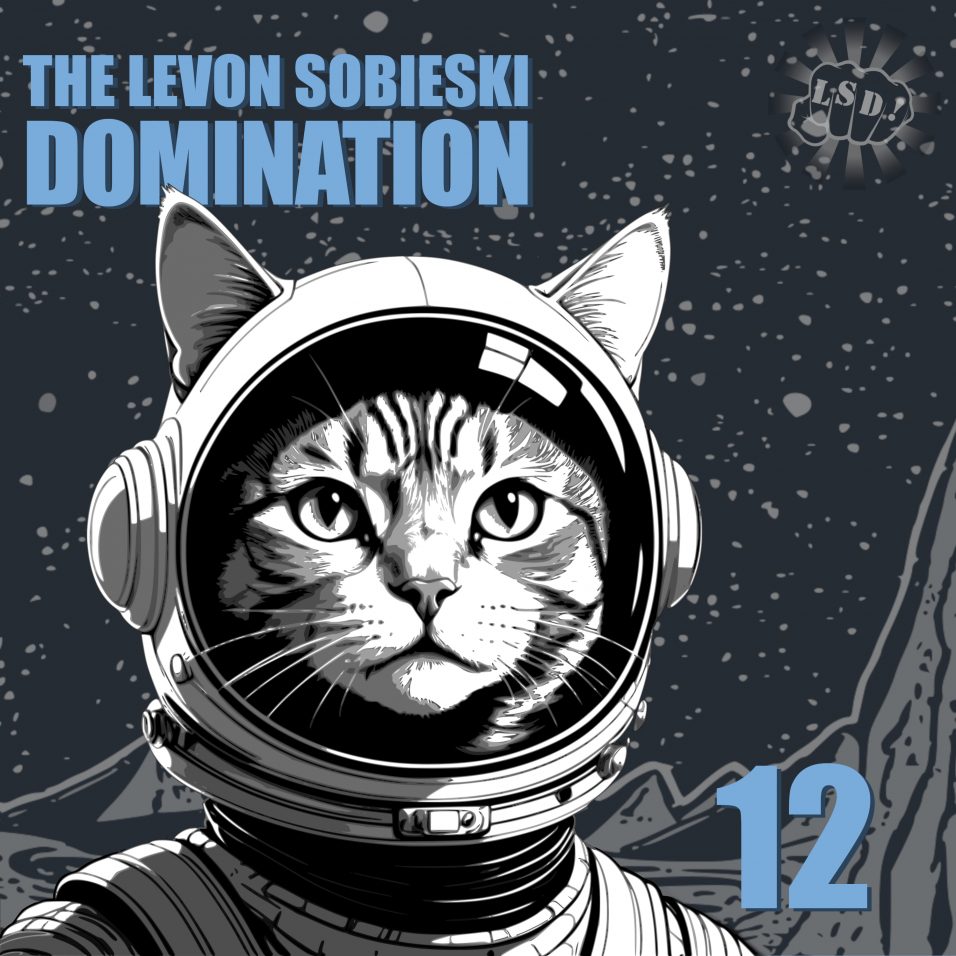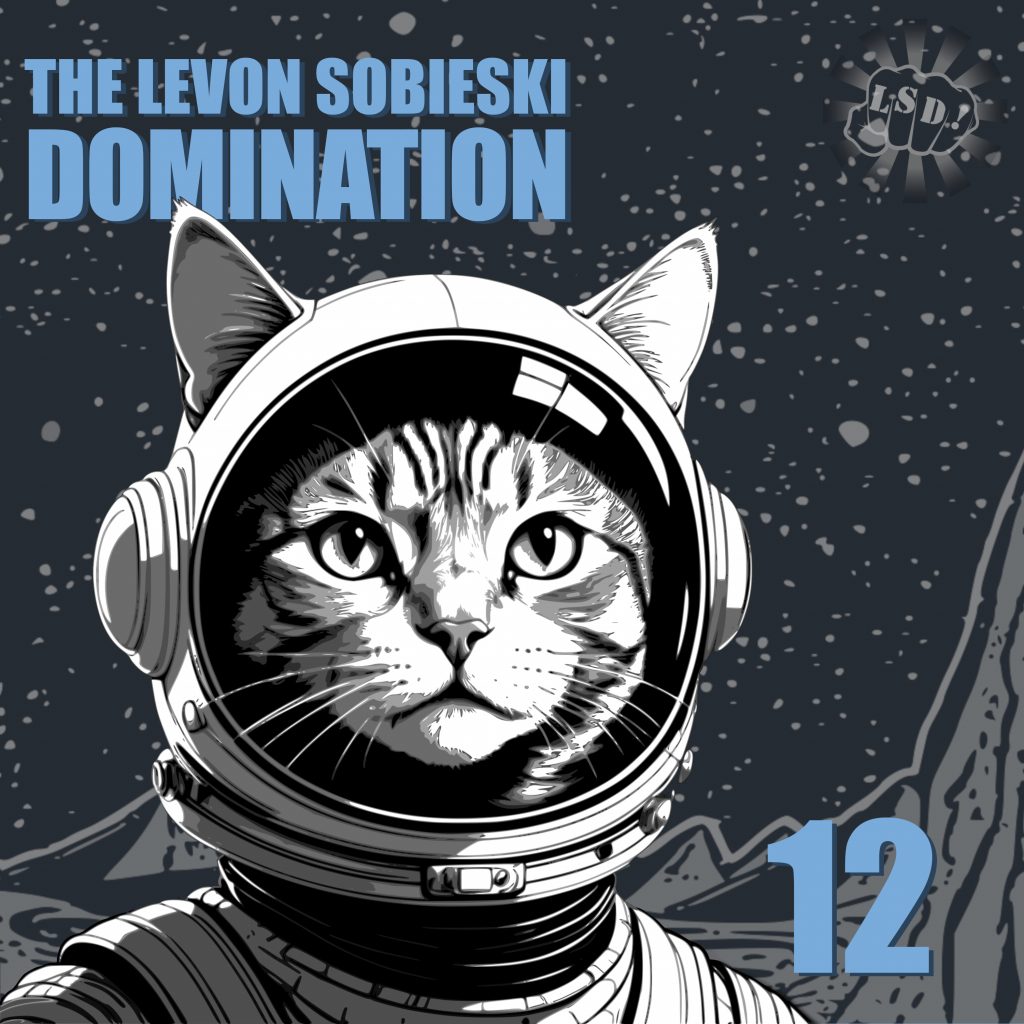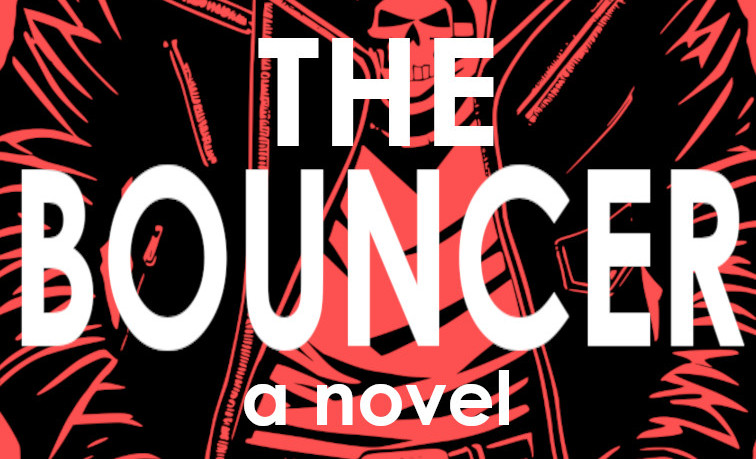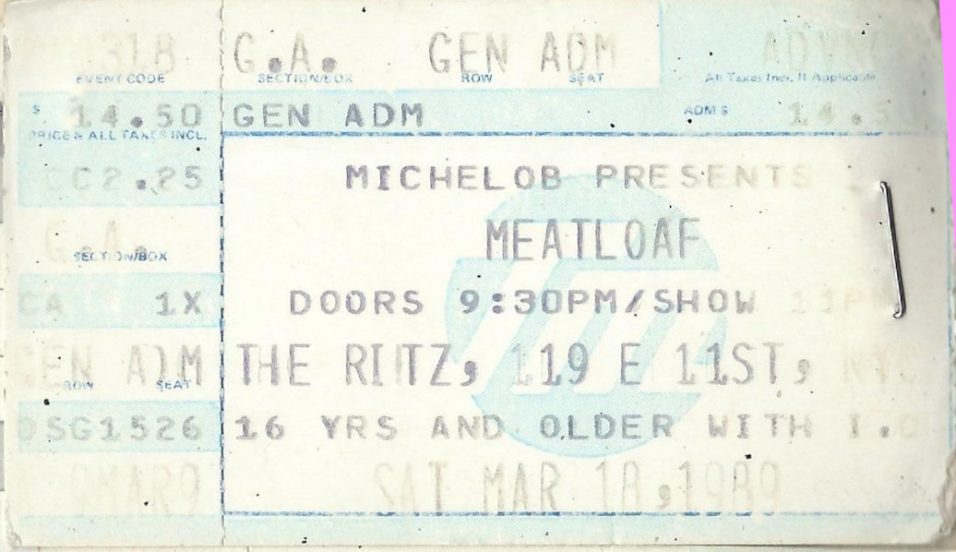Our cat Spartacus passed away this weekend. he was 18 and had a variety of health issues, so this wasn’t surprising, though we wept like children through the whole thing. Following is an article that appeared in my zine The Inner Swine back in 2008, shortly after we acquired him.
I AM SPARTACUS
An Apology for My Fourth Cat
by Jeff Somers
![]()
FRIENDS, as some lucky few of you may know, I am not the sort of rough-and-tumble writer who would have been played by Richard Burton or another of those hard-drinking, skirt-chasing British Shakespearean actors back in the day—oh, I drink the part, but in bar fights I am generally the guy under a table trying to salvage his bourbon and when drunk I don’t write much or fight much, I tend to sit there with a slightly dimwitted smile on my face, simply pleased to, well, be drinking.
And then, of course, there are all the cats.
Sure, Hemingway had cats (he probably killed them, too, once in a while, since he tended to kill just about anything else that crossed his path, and with unseemly enthusiasm), but Hemingway also won a Nobel Prize, and shot himself in the face with a shotgun, thus proving his balls. Who am I? A nerdy writer with four cats, that’s who. And putting a shotgun in my mouth and pulling the trigger would require a barrel of whisky, some serious mental trauma, and most probably some help since I don’t know anything about shotguns. And a shotgun, since I don’t have one. The point is, even if I did, putting it in my mouth would simply make me cry unmanfully and that would be that. And who would feed my four cats?
Yes, four cats. Those of you with far too much unhealthy interest in my personal life may already know that, until very recently, I had three of the critters. Three is plenty for a childless couple struggling for dignity, I think, and we took enough flak for having three. Plus, I was pretty sure three was my limit as far as sanity and time and energy went; cats are, contrary to popular opinion, huge time-sucks. They are playful, aggressive beasts who will sit on your head and bat your ears with their paws until you pay them proper attention. I used to get a lot of work done at home, but since we started acquiring cats, it’s all gone downhill.
For those who haven’t been following along from home, here’s the run down of the three we already had:
Pierre: Acquired in 2004, Pierre is a fat, gentle tuxedo cat who had so many worms in his gut when we got him he lost half his weight when we treated him. Pierre is roughly the size of Peter Falk and runs the household with an iron paw.
Guenther: Named after an obscure in-law form my wife’s family, Guenther is a sleek bicolor cat who knows he’s pretty and acts accordingly.
Oliver: Guenther’s smaller brother, Ollie was named after Oliver Twist due to his enthusiasm for second and third servings at dinner. He is easily frightened and spends much of his time under our bed.
Okay, so there’s the playing field. I didn’t exactly want a pet in 2004 when my wife brought the subject up. She wanted a dog and I’d never had a dog, and I kind of liked having no responsibilities beyond keeping myself alive and my wife pleased—both of which require 110% of my attention every day, trust me. The Duchess is an imposing force in the world, though, and my one minor victory was forcing her to get a cat instead of a dog. This seemed more desirable because cats don’t require walking, are largely self-cleaning, and in adulthood sleep about 18 hours a day. I figured after navigating their kittenhood I’d have a sleepy ball of dough on my hands I could move about the room like a living paperweight. In fact, this was exactly what my childhood cat was like.
Pierre duly arrived and confounded these expectations, being a ball of manic energy that demanded more attention than I thought healthy. Even as his waistline expanded, he continued to bumble about forcing me to pay attention to him. The Duchess immediately began campaigning for another cat to keep Pierre company, and when we went to a local petstore to pick one of two strays that had been caught in an alleyway, the two were so terrified, clinging to each other for brotherly support, I knew I could not separate them and thus Ollie and Guenther made their way to The Somers Cat House.
And all was well, for a while.
In December 2007 The Duchess and I traveled back to her ancient homeland, Texas. Actually, a tiny town in Texas where I think they got electricity in 1991 and still don’t acknowledge the existence of the Democratic Party. We rented these small cabins just outside town, without phones or Internet connections, in order to have a peaceful retreat from your typical Catholic family madness at the holidays.
The first night there, we were wandering the dark trails trying to find our cabin, when three tiny cats suddenly burst from the shadows and began circling us excitedly, chirping. We were bemused—they were small, just a few months old, and displayed no fear of us or hesitancy. When we got to our cabin and opened the door, they preceded us inside as if they were the guests and we were carrying their luggage.
They roamed the cabin happily, meowing and purring, happily accepting petting and calmly letting us pick them up and pet them—or, a few minutes later after a sobering interval, be picked up and examined carefully for fleas, ringworm, and Ick.
Suckers to the end, The Duchess and I broke out a bottle of milk from the fridge and put a bowl down for them, and they happily ate. Suckers doesn’t actually cover our failings, actually, as we then drove down to the nearest gas station and bought some catfood to feed them, and then let them sleep in the cabin that night with us. WE CAN’T HELP IT. We have a disease, I swear. I named the leader Sparky—he was the tiniest, but was always in the vanguard, shouting Charge! as they accosted our breakfast pastries, our luggage, our bed. Sparky was tabby in color and of indeterminate, slightly longhaired breed, with a fierce face and an improbably puffy tail.
That night we didn’t get much sleep. The kittens purred incessantly, curled up and warm, and every time Sparky led a foray from the loft to have a bite to eat or step outside to go to the bathroom he meowed continuously as if to alert us of his presence constantly.
The next morning we hardened our hearts and put the three amigos outside with a final bowl of food and went our way into familial holiday suffering. I was saddened to think these three delightful creatures would likely suffer a hard life on their own, but there are, after all, millions of strays in this world and we already had 3 cats, not to mention being 3,000 miles away from home. We did our thing—eating too much, drinking more than was advisable, pretending to remember people we met last year and hadn’t thought of since—and when we trudged back to the cabin that night we wondered if the three cats would make a return. I thought it likely, since cats invariably recall where they’ve been fed, but when we got there—nothing. I was, to be honest, sad that they’d moved on, and with a little shame I went outside and shook the food box, hoping to lure them back. Still nothing, and inexplicably sad I went back inside and started to tell myself that it was for the best, that perhaps a millionaire cat lover had picked them up and was even now plotting to make them stars of cat food commercials.
And then, like a stupid Disney movie, here comes Sparky, bounding from across the compound, chirping and very obviously excited to see me. He was alone this time, making us worry over the other two, but I can’t begin to explain or justify how pleased we were to see little Sparky. We took him in and he repeated his performance, leaping about happily, absorbing food at a terrible rate, and purring nonstop as we picked him up and rubbed him down.
Sparky spent another night curled up with us, and we awoke the next morning suddenly thinking it wasn’t insane to take a stray cat back with us on the plane for New Jersey. Everyone we confessed this to corrected us harshly—yes, of course it’s insane.
We did it anyway. We tried to find a shelter or friendly home for Sparky, but dammit if Texans don’t regard stray kittens as mildly annoying rodents that ought to be exterminated, not saved—we were, in fact, told point blank by one shelter that cats aren’t kept as pets at all in Texas, which seemed dubious, but hey, they also seem to regard a cowboy hat, high-waisted jeans, cowboy boots, and a florid button-down shirt as high fashion down there, so who knows. Anyway, at this point I’d already invented a little mental voice for Sparky (based primarily on Chip and Dale, the old cartoon chipmunks, overusing the word indubitably without shame) and the fact that he would sit purring in my hand any time I chose to pick him up sealed the deal. I am, when it’s all said an done, an idiot, and all idiots love animals. At least the ones that don’t need to be walked, are self-cleaning, and are too small to eat you.
The Duchess decided that Sparky was too gonzo a name for our home, so she lobbied for a renaming. I was staunch. Sparky was Sparky, man, this was serious, and the fact that I can write that without embarrassment shows how far I’ve come as a person. Finally she compromised and decided that Spartacus was a good name, and close enough to allow the use of Sparky. And thus a brave rebel was born.
Getting Sparky home wasn’t easy, or particularly cheap. Considering the endless resource of stray cats the world produces, paying any money for a cat seems crazy. I mean, walk outside in Hoboken with some fish in your pockets and you can have a fresh new cat within minutes. But we were determined. Sparky was so attached to us I wondered if he was some friend or relative (or, in a mind-bending Philip K. Dick twist, me from the future) reincarnated as a cat.
First, we have to get him checked by a vet and get some paperwork proving he was a) not filled with drug condoms or explosives, b) that he didn’t have any terrible diseases that might mutate and kill everyone in the world except a wry, sad Will Smith, and c) (I assume) prove that insane people were willing to spend money on him and take responsibility for him.
Second, we had to make arrangements to take him on the plane. This is actually kind of easy. You can either take him into the cabin with you in a carrier that will fit beneath the seat, or you can check him as cargo. We wanted to take him into the cabin so we could keep an eye on him, and got a mild sedative from the vet and an appropriately sized carrier in order to do so, but our flight had its limit of pets in cabin and we couldn’t change flights, so we were stuck doing cargo. We had to buy yet another carrier for that as they need to be pretty strong and sturdy, not to mention pay freight costs. We were a little worried about the poor guy all alone in cargo, but this was really the only way to get him home, so we bit the bullet, force-fed him a sedative, and filled out the paperwork.
As it turns out, Continental Airlines is slightly better at transporting frightened kittens than actual, living people, and Sparky made it home without a hitch, arriving in Newark as bright-eyed and bushy-tailed as ever. The other cats weren’t pleased to see him, of course, fearing his jaunty stride and musky odors; there have been some real tear-ups and even some bloodletting, and for time being we’re keeping everyone separated as much as possible in hopes that the unifying, healing love of the cosmos will make them all best friends. Then, it’s a simple matter of teaching them to speak English and manipulate useful objects like beer taps and bottle openers, and we’re set! Forget the damn Helper Monkeys, who are expensive, drunken, and have a tendency to fling feces—we’re going to build a Kitten Army! Think about it: They’re like Ninjas, silent, able to climb into just about any location undetected. Properly trained, a Kitten Army would make me almost unstoppable.
If not, you, as a subscriber to TIS, may be contacted in the near future to see if you’ll accept a sweet stray kitten that has already been left on your front step.


